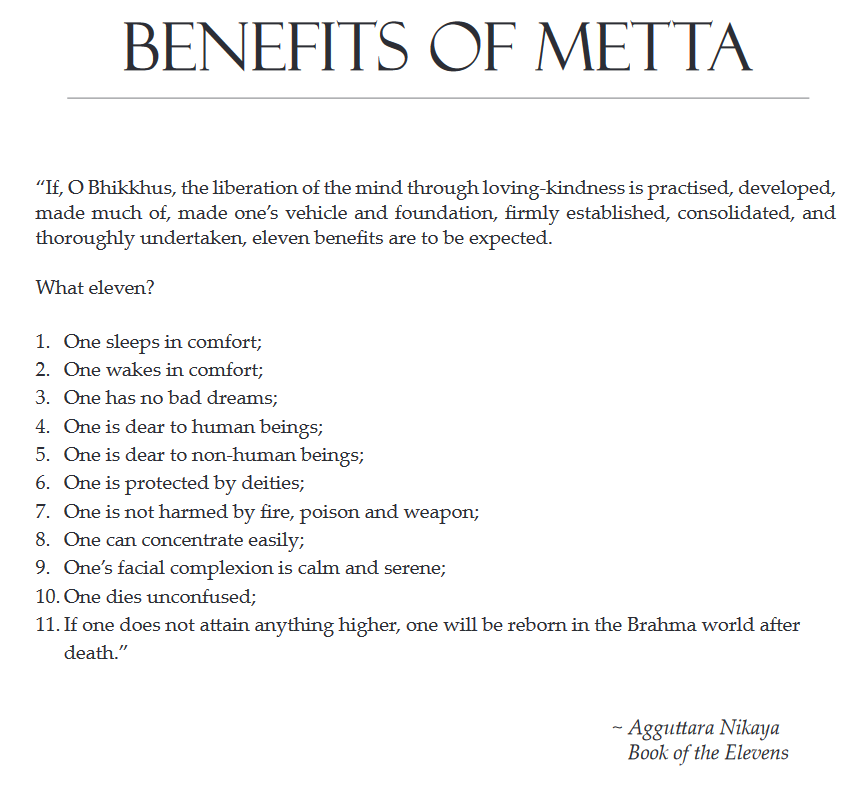Compassion - Humanity's Secret Weapon
It’s funny, at Valentine’s day, how love and affection are packaged up into a sugary, pink and shiny product. Nowadays too in the wellness world it’s all about self-love - but what does that really mean, beyond the opportunity to sell us some bath brushes, a soy candle and a pink gratitude journal?
I have to admit I hopped on the bandwagon this week and themed my classes around heart opening and compassion practices. Partly because of the valentine’s momentum - but I do also happen to have been listening to the Michael Stone podcasts on Book 3 of the Yoga Sutra, where he discusses why compassion is a superpower.
Most of all though I was very moved by my friend Marina’s post on empathy, where she admits that she is often mocked for her compassion both towards humans and animals.
I know why some people can see compassion as a weakness - yet I am convinced of the contrary.
What a sucker!
Like all of our negative qualities, aggression, or just an aversion to compassion, is a protection mechanism. We're afraid that if you’re compassionate you become soft, squidgy and easily wounded. In the big bad world you can’t go about with goo goo eyes, handing out daisy chains. For some reason we’re even wary of making eye contact or smiling at people in the street.
But it’s true, it’s scary to open yourself up. The ego, our turtle shell of individuation, is hard at work all the time separating us out from the rest of the world, and so it thinks that if we don’t put walls up around ourselves, then we’re just going to blend in with everyone else.
Not only that, but - I don’t have time for other people’s problems, I have enough of my own!
There’s a magic secret, though - it just doesn’t work that way.
But what actually happens when we connect with others is something else - we become even more ourselves, in a deeper and more luminous way. Compassion is like a candle flame - by lighting up others we don’t grow dimmer, just the opposite.
In order to open up to this, however, it requires a leap of faith - in essence compassion comes down to trust. If the ego is the protective shell, we have to have so much trust in our own innate strength and wealth, that we don’t need to fight everyone around us or constantly have our shields up - and not only that, compassion is the understanding that we have enough to share.
“Compassion is the continual act of making friends with yourself”
Chögyam Trungpa, Cutting Through Spiritual Materialism
Innate Empathy
“How are you?”
“Fine.”
Yeah, right.
It’s understandable why we have come to smooth out our responses to this loaded question. When someone answers honestly, “not great, actually” - what do you feel? Sadness, pity, awkwardness, anger, regret - you always feel something. And usually we don't have the time to unpack all of that, to share it - so we simplify, to stop the other person diving in to our emotion with us.
The reason it would be so messy is empathy, we can’t help but feel for each other, it’s deeply wired inside us.
“Biologists and cognitive neuroscientists are discovering mirror-neurons, the so-called empathy neurons-that allow human beings and other species to feel and experience another’s situation as if it were one’s own. We are, it appears, the most social of animals and seek intimate participation and companionship with our fellows.
Social scientists, in turn, are beginning to reexamine human history from an empathic lens and, in the process, discovering previously hidden strands of the human narrative which suggests that human evolution is measured not only by the expansion of power over nature, but also by the intensification and extension of empathy to more diverse others across broader temporal and spatial domains. The growing scientific evidence that we are a fundamentally empathic species has profound and far-reaching consequences for society, and may well determine our fate as a species..“
Jeremy Rifkin, The Empathic Civilization (via Michael Stone Teachings)
https://www.youtube.com/watch?v=SsWs6bf7tvI
Our secret weapon
In yoga we try not to focus on mercantile attitudes like “this is what you can get if you do this”, especially with something like compassion - however, the social and physiological benefits to an attitude of compassion are remarkable and, I believe, prove the inherence of empathy and loving kindness to the human condition.
How to win friends and influence people
In the presence of one firmly established in nonviolence, all hostilities cease. YS 2.35
Ever practical, Patanjali tells us in the Yoga Sutras that the best way to avoid aggression is to nip it in the bud by spreading harmony. Vachaspati’s commentary on this sutra even says that “Horse and buffalo, rat and cat, snake and mongoose, and other being natural enemies of each other, give up their animosities, by following the tendencies of the mind of the revered one, whose habit of not causing injury is confirmed.”
We all know that aggression begets itself, and yet it’s so easy to forget that if we come to a conflict with an open heart, we can diffuse the situation so much more quickly.
Blessed are the peacemakers, for they shall be called the children of God. Mark 5:9
How to meditate better
As yogis we are ever striving towards the ultimate goal of yoga - the cessation of the fluctuations of the mind (YS 1.2). Sometimes in the name of this goal we can beat ourselves up mercilessly, chastising ourselves for the constant yabbering of our minds, trying to push thoughts out by force, concentrating so hard that our faces turn red, ouch!
Again, Patanjali has the answer and it’s much, much nicer than all of this punishment. After listing all of the obstacles (distress, despair, trembling, disturbed breathing, oh dear), he tells us the remedy for all of this:
By cultivating habits of friendliness, compassion, complacency and indifference towards happiness, misery, virtue and vice respectively, the mind becomes pure. YS 1.33
Just as a shove is most likely going to result in another shove in response, the more we push at our thoughts and emotions, the more they push back.
However, when we soften, suddenly everything starts to melt. Vastness and warmth start to open up before us.
Lower your blood pressure and improve your digestion
Increasingly scientists are finding real evidence for what the yogis have known for centuries - kindness is our natural way, and when we fight that, our bodies suffer.
In recent years there has been more and more discovered about the nervous system and how we (via the nerves) deal with our environment. Our nervous systems are constantly processing the information that our bodies are absorbing from the world around us - we really are a continuation of our surroundings. This means that when we are aggressive to the outside world, we are being aggressive to our own insides.
The 10th cranial nerve, known as the vagus (‘wandering’) nerve starts at the medulla oblongata and passes through the neck and chest to the lungs, the heart, and the digestive organs. It is made up of 80% sensory nerves, which means that part of its job is gathering information from all of these organs and sending it up to the brain, allowing for the optimal functioning of all of these parts of the body. It is also responsible for slowing the heart rate, lowering blood pressure, aspects of peristalsis (digestion), speech, and reducing inflammation in the body.
Maintaining vagal tone is not only a medical matter - high vagal tone can be maintained through physical posture (oh hi, yoga-asana!), as well as vocalisation (omm!!), behaviour (yama-niyama), and practising compassion.
So let alone all of the namby-pamby, hippy dippy yoga talk about we’re all one, and let’s all be friends - from a purely practical health perspective, one of the best things you can do for yourself is care about others.

Anxiety, depression, and self-love
In particular when dealing with anxiety and depression, self love can be hard to cultivate. The beautiful buddhist practice of metta meditation can help to find that compassion, as we begin by summoning and saturating ourselves in the deep loving kindness for someone that is so dear to you. In this meditation we gather this compassion into our heart, so strongly and warmly - that the compassion itself emanates from us, without any particular subject in mind. At this point you can feel how compassion and kindness are not subjective but rather this aspect of vastness which we have inside us all.
It is this aspect which becomes clouded over when anxiety and depression grip us. But many studies now are finding that loving kindness meditation can not only treat the negative symptoms and release the grip of anxiety and depression, but also build the positive, opening us up to the warmth of this loving and resilient attitude.
I have been practising this a lot lately - when stress or anxiety start to pile up within, I take the person at the centre of my dilemma - or in fact anyone at all nearby, and wrap them in the loving messages of metta meditation.
Immediately I feel the sharpness of my tension soften, I become more collected and calm, everything falls in to place.


